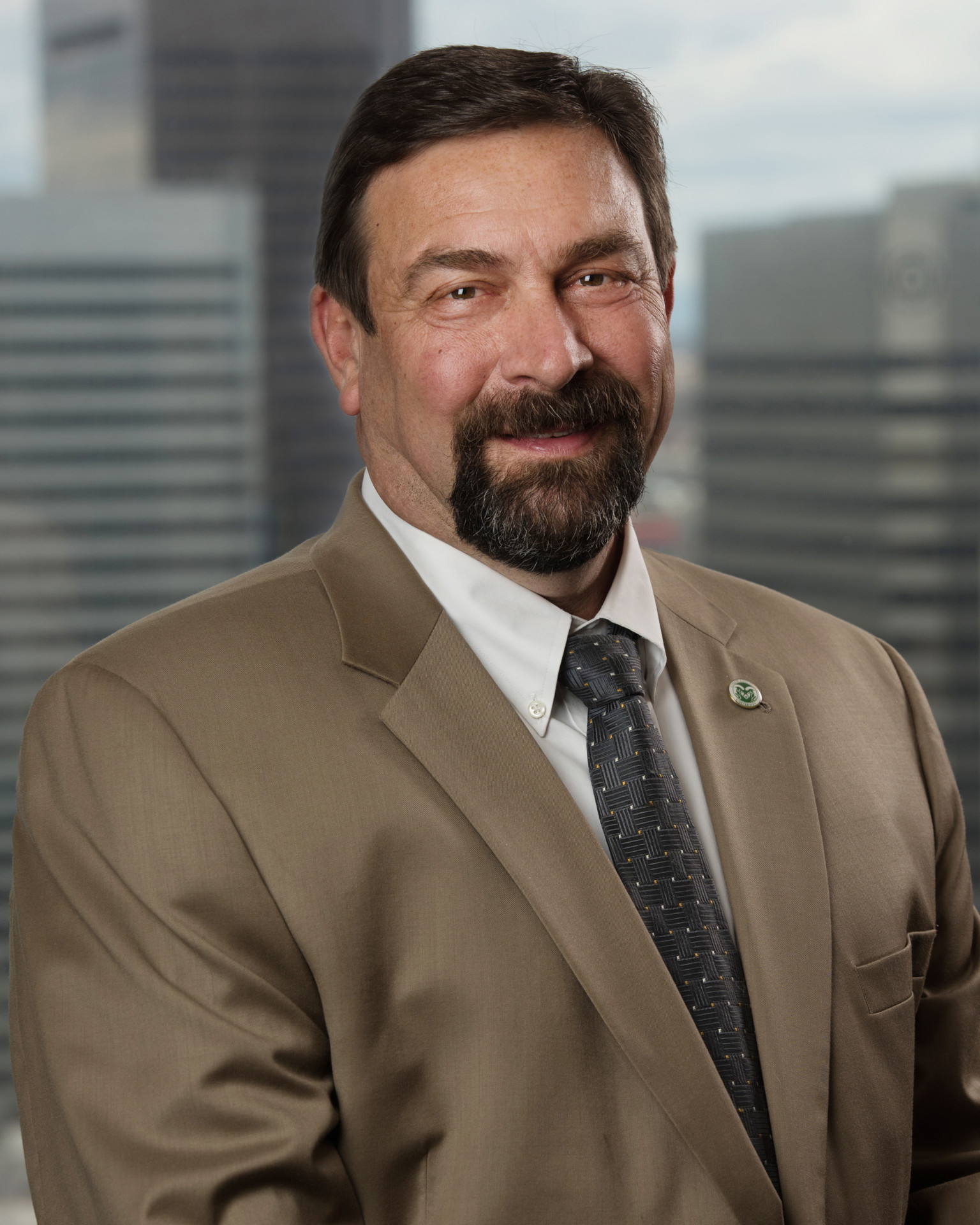Dear Colleagues,
I’d like to interrupt this pandemic to talk briefly about another issue on many of our minds: the upcoming November elections. Under normal circumstances, election years are exciting times on college campuses, with visits from candidates and campaigns and plenty of public and private debate. Limitations on gatherings will prevent much of that activity across the CSU System this year, but the importance of the election and our participation in it is still worth recognizing. And it’s also an opportunity to reiterate some of the expectations that apply to a public university campus – and all of us – when it comes to free speech, elections, and campaigning.
Colorado is widely considered one of the safest places in the country to cast a vote – the investments this state has made in election security have made Colorado a national model. So now it’s up to all of us who can vote to exercise that right – a right that people around the world and here in our own country have fought and died for. It’s our single greatest responsibility as citizens, particularly as educated citizens who understand the privilege of self-governance and how dearly others have paid to earn us our votes.
So, if you can vote, vote. And beyond voting, all of us have the opportunity to get involved in the civic life of our communities, through campaigning, volunteering, helping to register other voters, and using our voices to support the issues that matter to us. In this spirit, and recognizing the tensions around the upcoming election, the CSU campuses and System have partnered to launch an initiative called Your Voice, Your Vote, Your Rights. This initiative starts with a conversation about how we talk to each other and includes a website with information and resources around free speech, voting, and how to have dialogues around complex ideas.

Over the next two months, we’ll also be hosting a set of panel discussions and sharing information through SOURCE and my monthly Chancellor’s Newsletter around these topics. Thanks to President McConnell, Chief of Staff Ann Claycomb, the CSU communications team, and everyone on campus who has contributed in such great ways to this project.
And while our involvement matters, there are also some fundamental rules we all need to keep in mind when it comes to election season. Detailed information about the Fair Campaign Practices Act and CSU System policies related to elections and political events can be found in our Policy Library. There are a few specific points I want to highlight for our CSU System community today:
• All students, staff, and faculty are encouraged to engage in the democratic practices of our country and to vote if you are legally able to. No one should ever tell you how to vote – that’s up to you and your conscience. But voting and taking part in the process is a responsibility and a privilege we all ought to take seriously.
• As a public university system, we support all people in exercising their First Amendment rights to free speech and assembly, and we also encourage people to read and understand what those rights involve. You can find information on that at Your Voice, Your Vote, Your Rights.
• Faculty and staff are free to support candidates and campaigns on their own time but not during working hours or using University resources (computers, letterhead, etc.), as these belong to the taxpayers of Colorado and any such donation of work time or university resources is prohibited by the Fair Campaign Practices Act.
• Free speech is the heart of higher education, and universities have a unique and important role to play in leading contentious conversations around critical societal issues. That’s the nature of what we do – we argue about ideas, we debate theories, we recognize that truth can be elusive, sometimes hiding and often evolving along with the research and knowledge we exist to conduct. Even in an environment designed for this purpose, we sometimes fail in actuality; we don’t always function as a model of civil and respectful discourse. But no institution in our society is as suited to attempt to repair our broken civic discourse as a university. So as we engage as citizens, let’s strive to do so with a willingness to listen as much as we talk and to learn from those who may believe differently than we do.
• And let’s also remember that freedom of speech is not freedom from responsibility – free speech is a powerful right that should be used thoughtfully and intentionally, with awareness of the harm that irresponsible speech can cause. Many people, particularly in this age of social media, are finding that freedom of speech isn’t freedom from consequences, so it’s always a good idea to think and listen before you speak.
Let’s end this where we began: with why this matters. Among those receiving this email today are combat veterans who gave their blood for our country, and others who are actively fighting and sacrificing for the right to become U.S. citizens. There are scholars from other countries where voting rights are constrained. And there are people whose grandmothers gave up everything for a voice at the ballot box.
I have to imagine that Abraham Lincoln was speaking to all these people – to all of us – when he spoke these words to honor the dead at Gettysburg:
“It is for us the living, rather to be dedicated here to the unfinished work… for which they here gave the last full measure of devotion.”
This country – any country – has unfinished work as we strive to form a more perfect union. For us, that unfinished work begins with listening, making your own voice heard as you see fit, considering, and then showing up and casting a vote.
Thanks in advance, stay safe and be well.
– tony
Dr. Tony Frank
Chancellor, Colorado State University System